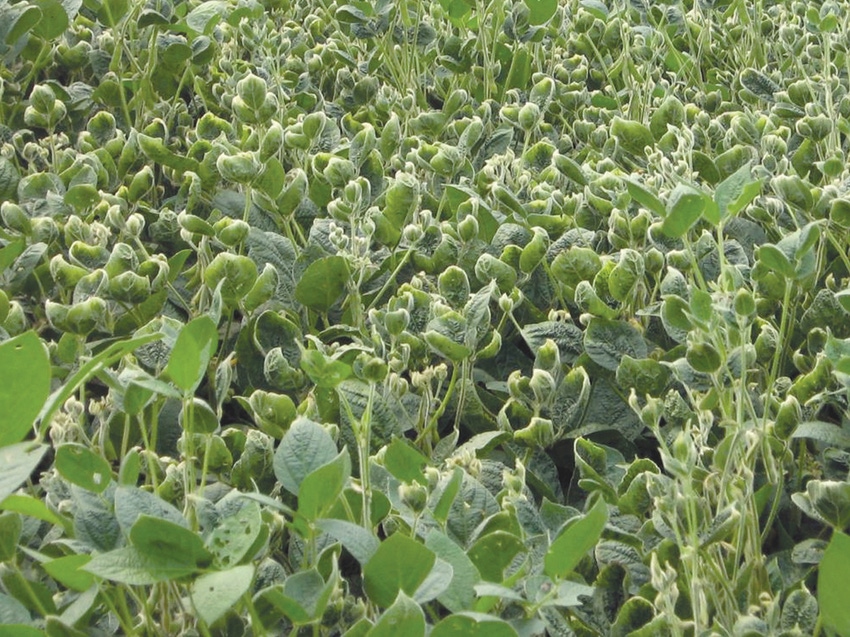
It’s warm and dry and Arkansas state Sen. Blake Johnson says farmers around Corning in the northeast “are planting heavy. I’ve got seed in my truck right now. There’s some corn being planted but mostly it’s rice around here.”
Johnson authored the state senate bill that will increase penalties for egregious spraying violations to $25,000 per incident. Working with state Rep. David Hillman on the House side, Johnson says the new legislation – aimed at preventing a repeat of the widespread off-target drift of dicamba last year – “adds one thing: any new herbicide technology released after the date of the act will be covered.”
While things have wound down, the state legislative session is actually in recess until May 1. “That’s just so any loose ends we need to tie down can be done. The chances of being called back in for anything other than minor, technical things are slim.
“I’m pleased with the way the bill turned out. It isn’t as broad as the (House’s) version. Hopefully this will be a deterrent to anyone misusing the dicamba technology from here on. We can’t have a repeat of what happened in 2016.”
Otis Howe, chairman of the Arkansas State Plant Board, says the regulatory agency is ready to move on the new legislation. “We’re on to the next steps since the bill passed on increasing the civil penalties for egregious applications. My understanding is the legislation, without an emergency clause, goes into effect 90 days after recess – and the legislature won’t actually adjourn until May 1. There was no emergency clause in the bill. Assuming they adjourn as planned, it would be August before it’s in effect.”
In the meantime, “the Plant Board staff is working on the penalty matrices for all the different divisions. We’ll probably start soon on those at the committee level. Right now, we’re living under the old penalty matrix.”
Was there anything regarding retroactive actions for anything that might happen before August?
“Not that I know of.”
Johnson says another thing from this session farmers might be interested in is legislation related to research of industrial hemp. “It would allow for a research program like those being set up in neighboring states – we didn’t want to get left behind. I think the research plots will start going in (in 2018).”
About the Author(s)
You May Also Like




